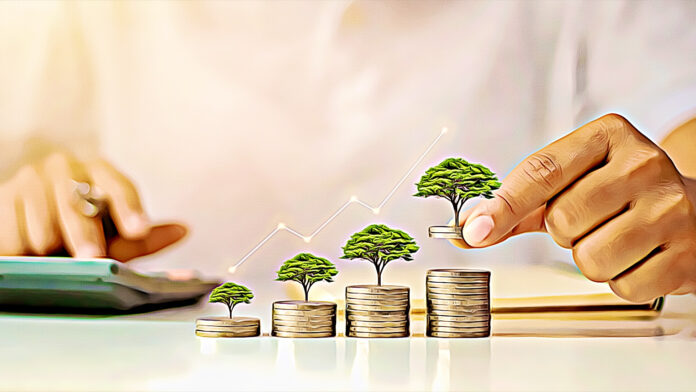WASHINGTON: The World Bank Group delivered a record $42.6 billion in climate finance in fiscal year 2024, from July 1, 2023, to June 30, 2024, supporting efforts to end poverty on a livable planet, investing in cleaner energy, more resilient communities, and stronger economies.
According to a press statement by the World Bank, this is a 10% increase in climate finance compared to the previous year.
“At COP28, the World Bank committed to increasing its climate finance to 45% of total lending for FY25, which runs from July 1, 2024 through June 30, 2025. At the same time, setting a goal for half of our public sector climate financing – IBRD and IDA – to support adaptation and half for mitigation. This goal is intended to send a signal to the countries we serve that the World Bank Group is focused on the adaptation challenges they face,” read the statement.
Each institution within the World Bank Group is working towards the shared objective of advancing climate finance, but there is still more to achieve.
In fiscal year 2024 (FY24), the International Bank for Reconstruction and Development (IBRD) and the International Development Association (IDA) collectively provided $31 billion in climate finance, with $10.3 billion specifically aimed at investments in adaptation and resilience.
The International Finance Corporation (IFC), which focuses on the private sector, contributed $9.1 billion to long-term climate finance. Meanwhile, the Multilateral Investment Guarantee Agency (MIGA), the World Bank Group’s political risk insurance and credit enhancement arm, delivered $2.5 billion in climate finance.
Overall, climate financing made up 44% of the World Bank Group’s total financing in FY24, which amounted to $97 billion.
In Bangladesh, the World Bank has facilitated the construction of over 900 new cyclone shelters and rehabilitated an additional 900. These efforts are complemented by investments in coastal embankments, early warning systems, and erosion control, which have helped protect hundreds of thousands of people from storm-related flooding.
In Viet Nam’s Mekong Delta, where 1.4 million households rely on rice farming, the World Bank has helped reduce methane emissions by promoting sustainable farming practices, enabling farmers to produce higher-quality rice.
In Dakar, Senegal, and Cairo, Egypt, fully electric Bus Rapid Transit (BRT) systems have been introduced to decrease dependence on fossil fuels and reduce emissions. Dakar’s BRT, the first in West Africa, is projected to cut 1.2 million tons of carbon dioxide over its lifetime. In Cairo, the introduction of 100 electric buses sets the stage for a larger fleet aimed at reducing vehicle-related pollution.




